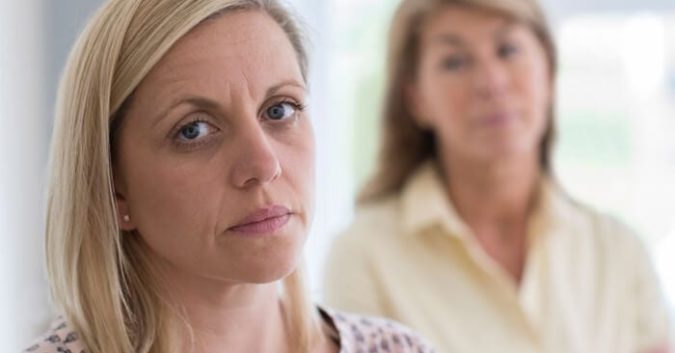March 8th is International Women’s Day (IWD), an annual effort to celebrate “the social, economic, cultural, and political achievements of women” while recognizing the persistence of gender inequality in many areas of contention.
But this year’s IWD introduces an area we seldom hear about: women’s struggles with rare diseases. Today also marks the launch of Gendered Experiences of Mesothelioma (GEM), a new study designed by Mesothelioma UK to compare the experiences of men and women with mesothelioma and the implications for their treatment and quality of life.
Indeed, evidence suggests women suffer from the asbestos-caused cancer in different ways to men. But how? And can campaigns like IWD help?
A Campaign for Women’s Health
From conferences to fun runs, IWD events help solve or raise awareness of problems that disproportionately affect women around the world, from the gender pay gap to misconceptions about women’s health.
Among them, exposure to asbestos is a relatively new and historically male issue for which, ironically, the gender gap is closing. Mesothelioma kills an estimated 43,000 people each year around the world. But deaths among women, who currently represent only a quarter of all cases according to the SEER cancer statistics database, are expected to increase.
Says Linda Reinstein, who lost a husband to mesothelioma before founding the Asbestos Disease Awareness Organization (ADAO):
“The face of mesothelioma is changing. Young women are now being diagnosed. These are the women who as little girls hugged their dads who came home from work with lethal asbestos on their clothes. They are wives who washed their husbands’ laundry and breathed in the deadly fibers. They are women whose homes were near asbestos factories. And then, there are the women like myself who have lost loved ones to asbestos disease.”
Today, the contributions of mesothelioma support groups – including Mesothelioma UK, which is hosting a Ladies’ Lunch to raise funds for research – could have a profound impact on the opportunities afforded to women once they’re diagnosed.
Women and Mesothelioma
This year’s IWD theme, #BalanceforBetter, focuses on gender inequality in the workplace – an issue that’s had interesting implications for the mesothelioma community.
Men are diagnosed with mesothelioma far more often than women. They suffer mesothelioma death at a rate more than 5 times higher than women. The reason? Experts point at least in part to workplace disparity. Through most of the 20th century, people were exposed to asbestos in traditionally male-dominated, blue-collar occupations like construction. Many were also exposed through their service in the military.
Studies have since found, however, that men brought asbestos home on their clothes. If not in the minority of women who also worked in blue-collar industries, female family members were subject to secondary exposure to asbestos. Other emerging cases of mesothelioma in women involve the use of asbestos-containing talc, the dangers of which were buried for years by its manufacturers.
In other studies, women have been found to respond better to mesothelioma treatment and generally survive longer than men. But because mesothelioma takes decades to develop and takes root under long-forgotten circumstances, it’s difficult for people to prove the cause of their exposure when filing lawsuits against the companies responsible. Women especially are often victimized by companies who bring in high-powered defense attorneys to discount their stories. Which brings us to another disparity – legal rights – to which IWD calls attention.
How Could IWD Help?
Let’s not forget the progress we’ve made toward gender parity in the workplace. In the U.S., more women now hold traditionally male roles, according to data from the Department of Labor. But it’s a double-edged sword; asbestos still lurks in older buildings and continues to harm people today.
So, consider this year’s IWD as an opportunity to spread awareness about the difficulties female mesothelioma survivors face after diagnosis and about the support they deserve and need.
If you are a woman who suffers from mesothelioma, continue helping others and fighting for women’s rights to justice by sharing your own experiences. Tell your story on social media using the hashtag #BalanceforBetter or check out ADAO’s Share Your Story campaign.
And stay tuned for more information about Mesothelioma UK’s study. You can email Mesothelioma UK to ask about taking part.
